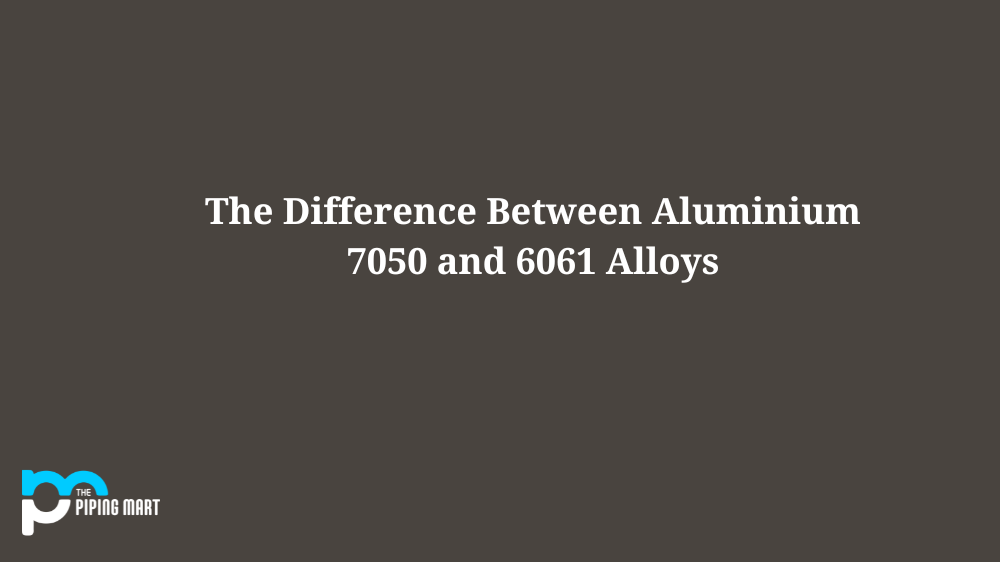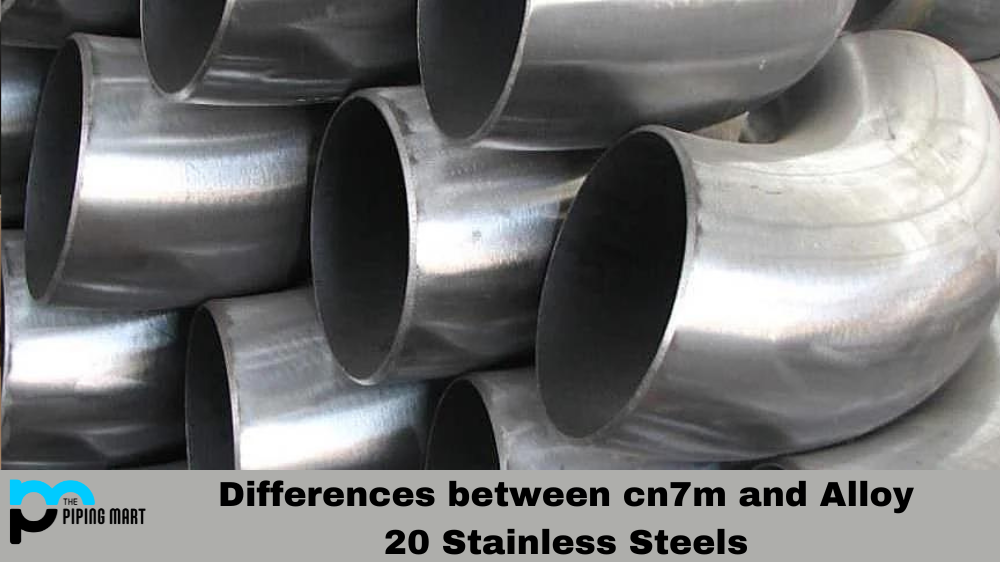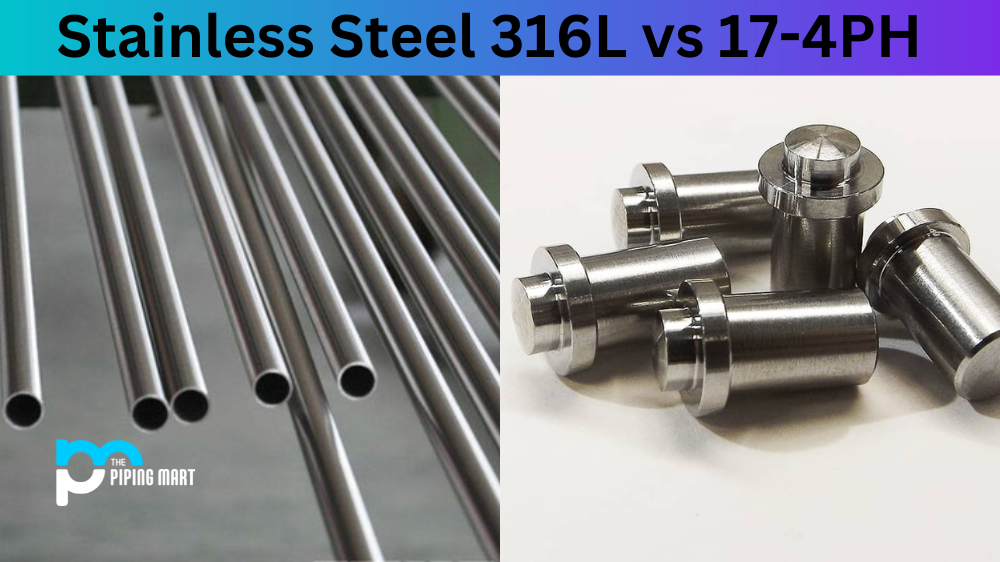Aluminum alloys are incredibly versatile and have many purposes in the engineering world. Two of the most commonly used alloys are 7050 and 6061, which offer a unique set of advantages for different applications. This blog will explore the differences between these two alloys to help metal workers and engineers decide which alloy suits their project.
Aluminum 7050 Alloy
Aluminium 7050 is an aerospace-grade alloy renowned for its strength and durability. It is often used in aircraft construction due to its ability to withstand extreme temperatures, making it ideal for high-altitude environments. Additionally, aluminium 7050 has high corrosion resistance due to its zinc content, making it suitable for use in harsh weather conditions, such as near saltwater or in high-humidity areas.
Aluminum 6061 Alloy
Aluminium 6061 is another widely used alloy that offers different benefits than aluminium 7050. While it does not have the same level of strength as aluminium 7050, it does provide excellent corrosion resistance and weldability, making it ideal for use in welding projects or outdoor applications where corrosion could be an issue. Additionally, aluminium 6061 is much easier to machine than other alloys, requiring less effort to shape into complex parts.
Difference Between Aluminium 7050 and 6061 Alloys
Aluminium 7050
Aluminium 7050 is an alloy known for its high strength and toughness. The alloy is often used in aerospace, as it can withstand high loads and stresses. Additionally, aluminium 7050 is resistant to corrosion and has a high fatigue resistance.
Aluminium 6061
Aluminium 6061 is an alloy known for its good weldability and machinability. The alloy is often used in construction, as it can be easily formed and shaped. Additionally, aluminium 6061 has good corrosion resistance and is relatively strong for an aluminium alloy.
Composition
One of the primary differences between aluminium 7050 and 6061 is their composition. Aluminium 7050 contains zinc, magnesium, copper, chromium, and manganese, while aluminum 6061 contains zinc, magnesium, copper, iron, silicon, and manganese. This difference in composition gives each alloy different properties.
Applications
Due to their different properties, aluminum 7050 and 6061 are used in various applications. Aluminium 7050 is typically used in the aerospace industry or other high-stress applications. In contrast, aluminum 6061 is typically used in construction or other applications where weldability and machinability are essential.
Price
Another difference between aluminium 7050 and 6061 is their price. Aluminium 7050 is typically more expensive than aluminium 6061 due to its higher strength and tougher properties.
Conclusion:
As you can see, many differences between aluminium 7050 and 6061 alloys make them suitable for different applications. For projects requiring strength and durability, such as aircraft construction, aluminium 7050 is the best choice due to its high tensile strength and resistance to extreme temperatures. On the other hand, if you need an alloy with excellent corrosion resistance or weldability, then aluminium 6061 would be a better choice since these properties are not present in aluminium 7050. Choosing between these two alloys will come down to your specific needs. However, thoroughly understanding each alloy’s strengths and weaknesses will help you choose the one that best suits your project’s requirements!
Sakshee is a talented blogger, with a particular focus on the Business and Metal Industry. She is passionate about sharing her insights on various metal products and helping professionals to make a better decisions.




